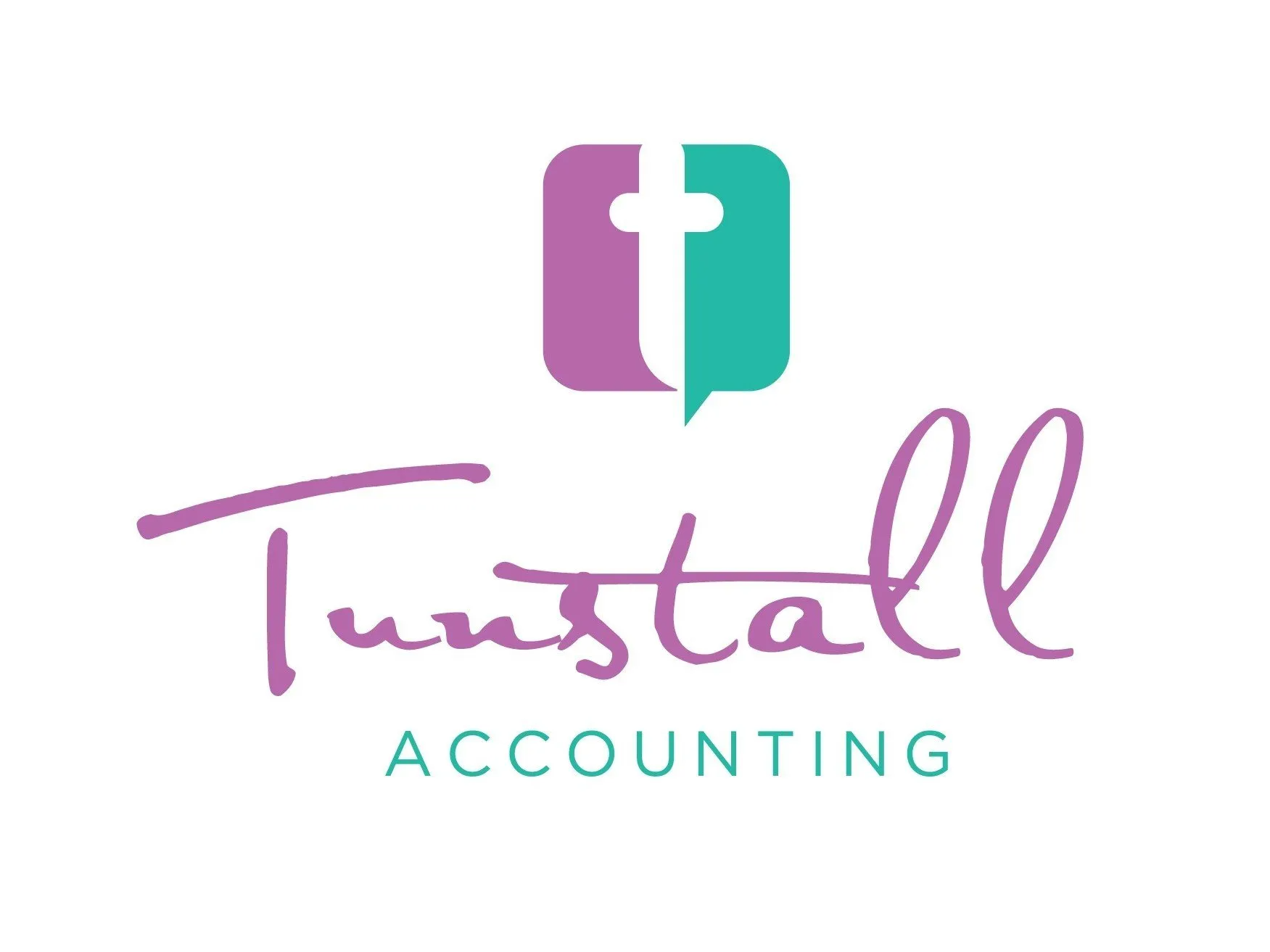Tax Implications of Electric Vehicles
What Tax Relief is Available on Electric Cars for Businesses?
The purchase of a brand new vehicle with zero-emissions is eligible for a 100% First Year Allowance (FYA), meaning that the full cost can be offset agains the profits of the business in the year in which it is purchased.
The purchase of a second hand electric or low-emission hybrid car is eligible for a writing down allowance (WDA) of 18%, meaning that the cost of the vehicle is added to the asset pool and tax relief is claimed over a number of years. A low-emission hybrid car has CO₂ emissions of 50g/km or less.
If the business is unincorporated (a sole trader or partnership) an adjustment must be made to the tax relief for any private use of the vehicle.
If a car is used purely for business purposes with no private use, VAT can be recovered if the business is VAT registered. If there is any private use of the vehicle, VAT cannot be recovered.
If a car is leased, rather than bought outright, 50% of the VAT on the lease costs can be reclaimed where there is mixed business and private use of the vehicle. VAT on servicing or maintenance can be recovered in full.
What Tax Relief is Available on Commercial Vehicles for Businesses?
The purchase of a brand new commercial vehicle with zero-emissions will qualify for either a 100% First Year Allowance (only available for vehicles purchased before 31st March 2025) or the 100% Annual Investment Allowance (AIA). This means that the full cost can be offset agains the profits of the business in the year in which it is purchased.
The purchase of second-hand zero-emission and CO₂-emitting commercial vehicles are eligible for the 100% AIA. This means that the full cost can be offset agains the profits of the business in the year in which it is purchased.
If the business is unincorporated (a sole trader or partnership) an adjustment must be made to the tax relief for any private use of the vehicle.
If a vehicle is used purely for business purposes with no private use, VAT can be recovered if the business is VAT registered. If there is any private use of the vehicle, VAT cannot be recovered.
If a commercial vehicle is leased, rather than bought outright, VAT can be recovered in full on any lease costs (if the business is VAT registered) where any private use of the vehicle is incidental. VAT on servicing or maintenance can be recovered in full.
What Tax Relief is Available on Electric Charging Points for Businesses?
Electric vehicle charging points are eligible for a 100% First Year Allowance (FYA). This is eligible until 31 March 2026 for Corporation Tax and 5 April 2026 for Income Tax.
Unincorporated businesses should consider private use elements, as this may require an adjustment for capital allowance purposes.
What are the Tax Implications of Providing Electric Vehicles to Employees?
The normal Benefit in Kind (BIK) rules apply when electric vehicles are provided to employees.
The rate for zero-emission cars for 2025/26 is 3% of the list price of the car (which must include the price of the battery).
The van benefit charge for zero-emission commercial vehicles for 2025/26 is £nil.
Any charging costs paid or reimbursed by an employer are not taxable as a BIK. Where the employer reimburses an employee for charging at home, it is recommended that claims are calculated using an accurate reading of the amount of electricity used and its cost.
These rules apply to directors of limited companies as well as to employees.
